
In 2018 there was a song released called “Murder on my Mind” by 23 year old, Jamell Maurice Demons, better known as YNW Melly who is an American Rapper. The song gained a lot of attention from several people due to the fact that the lyrics presented very detailed and unpleasant lyrics of YNW describing what others considered a murder confession. The rapper later on was then investigated and looked into when Law enforcement claimed that YNW Melly and another rapper had killed two of his friends and staged the crime scene to make it look like a drive-by-shooting took place. The evidence in question came from song lyrics Melly had used in a previous song that read in the following: “I didn’t even mean to shoot ’em, he just caught me by surprise. I reloaded my pistol, cocked it back, and shot him twice. His body dropped down to the floor and he got teardrops in his eyes. He grabbed me by my hands and said he was afraid to die. I told ’em it’s too late my friend, it’s time to say “goodbye”. And he died inside my arms, blood all on my shirt”. YNW claims that he is not guilty for the murder of his two friends and that the song has nothing to do with incriminating himself, in contrary it had to do with his first criminal case, which resulted in him having to face jail time. This then relates to the topic of whether or not lyrics should be used in courts as a source of evidence in order to be able to prosecute someone. It would also point to how relevant and important the evidence can serve as in court. In some cases people find this very controversial due to the fact that creating music is a sense of free speech protected by the first amendment and believe people are allowed to express themselves through the creation of music. There are different genres in music and people carry different tastes so when it comes to people wanting to create songs out of rapping, it should not be fair that all of them are seen as criminals and are stereotyped under a certain category. using rap lyrics as evidence could lead to unjust outcomes and perpetuate racial stereotypes. Rap music is predominantly created and consumed by Black and Brown communities, and using their lyrics as evidence could unfairly target and criminalize these communities.

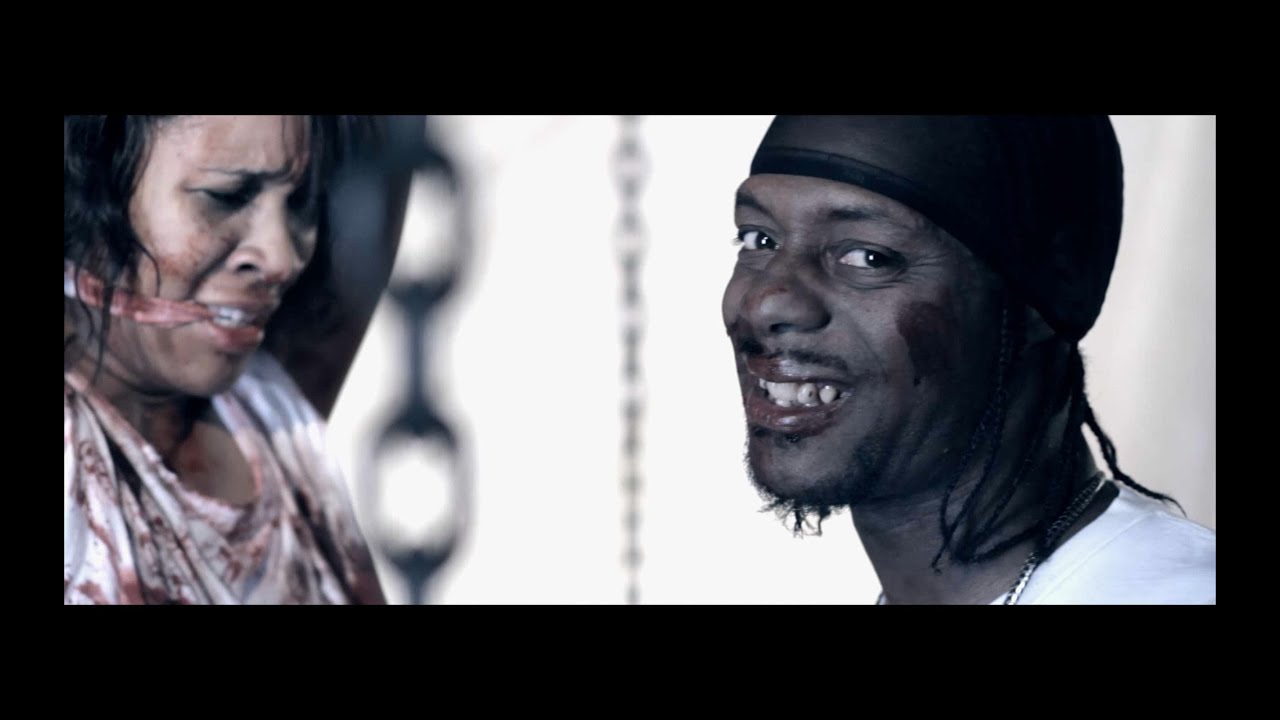
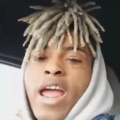
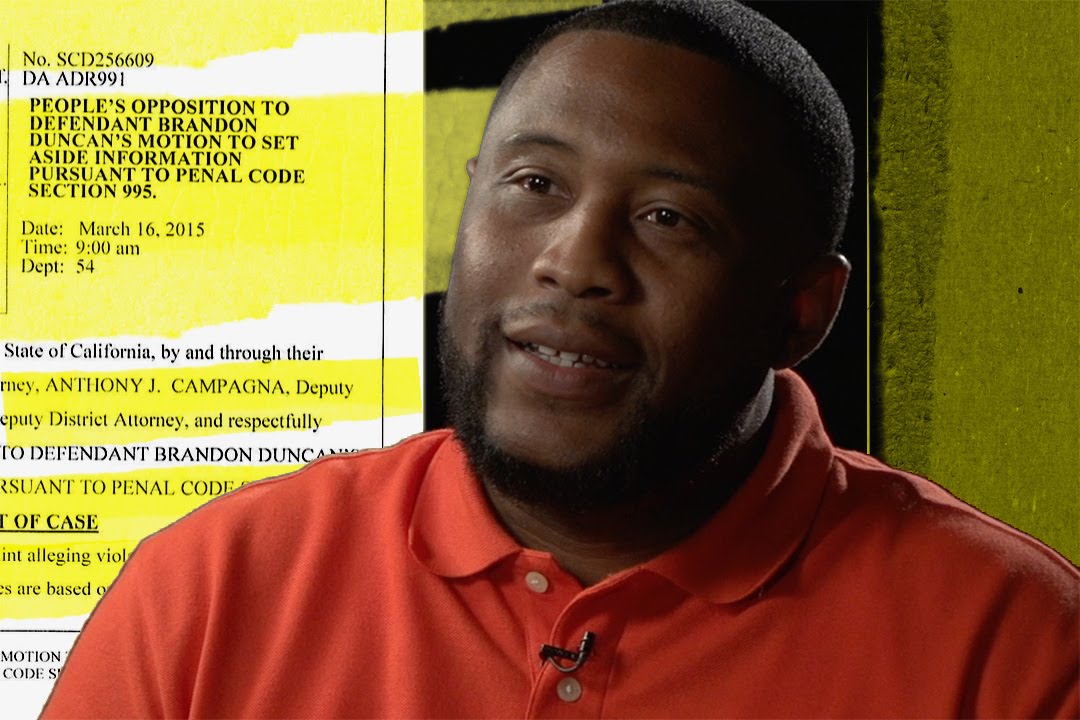

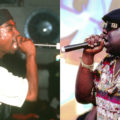

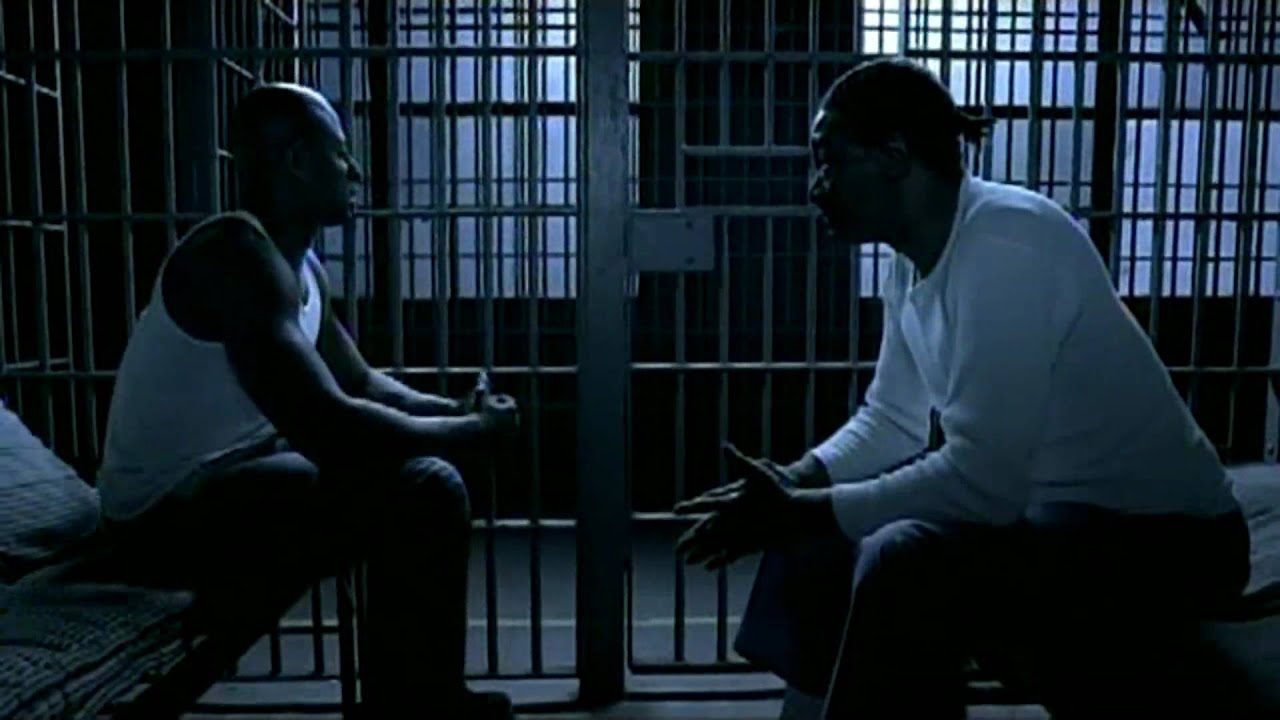
What an interesting article. When arguments arise on a certain topic, I am usually able to take one side or the other. For this particular case, however, I am able to see both sides of the argument and cannot see where I fall. On one hand, I can see how this can hurt some rappers who are already a part of a marginalized community. Rap is a form of expression and someone can take their lyrics the wrong way. This can prevent them from having an outlet and hurting them instead. However, we do not live in a perfect society and I can see someone taking advantage of this as well. I hope whoever the jury and the judge are to make the decision can look at all sides of the argument and make a fair decision.
Hello Jaylynn,
It is very intriguing to see more publicity on YNW Melly and his entire fiasco leading up to this song. At the time of the release of his song, my friends and I didn’t take his song as seriously as it was. Obviously, we were all shocked by the lyrics and thought that it was rather strange especially with his 2 lines:
“I didn’t even mean to shoot him, he just caught me by surprise
I reloaded my pistol, cocked it back, and shot him twice”
Upon hearing this verse, my friends and I were confused on what this song’s message was even about as he was talking about how he didn’t want to kill someone, but did anyway and even shooting him twice. With more listens, we eventually started connecting the dots that it sounded a bit more as if he accidentally killed his friend. As time goes by, we heard news that this was more of a confession and that Melly would be going to jail. It shook me and my friend group to realize that we were singing along to a murder confession that eventually no longer gets talked about. I remember hearing that Melly also had multiple personalities that attributed to the murder, but I am unsure if that was simply a rumor or a fact. Nonetheless, I think it is a shame that the song is so catchy, yet holds such haunting intentions.
Hey Jaylynn,
I think it’s insane to think about how he exposed his own crime and released it into the public. It makes me think: Did he subconsciously want to get caught? Or was he confident enough to believe he would get away with it? I agree that it shines a light onto musician’s creativity and use of storytelling in their lyrics and raises the issue of what should be considered an art as opposed to evidence for a crime. Should we fact check and look into all songs with such gruesome, descriptive lyrics? What is the threshold for determining whether a song or art piece is disturbing enough to be investigated?
I remember listening to this song when I was in high school, but somehow never found out that YNW Melly was arrested and actually committed the crime he rapped about. In this case, it was good that his lyrics were used to incarcerate him and hold him accountable for his murders. However, I do agree with the fact that many Black and Brown communities could get caught in the crosshairs and be innocently incarcerated for expressing themselves musically. I do not think that lyrics should be the sole source of evidence in court cases, but I do think it can be used as supporting evidence if it is seemingly incriminating evidence. Lyrics would be difficult to use in court because everyone interprets lyrics differently, so using them as a main source of incriminating evidence is very risky and should be avoided when possible.
Hello Jaylynn!
YNW Melly’s murder confession is a very niche and interesting issue pertaining to criminality in the music industry. Having someone confess to murder regardless of the medium in which the individual is doing so is very rare on such a public platform. The fact that the song went through writers, producers, most likely some sort of legal team, and even YNW Melly himself, is truly mind boggling. As the song details the very steps in which he killed his friend, it wasn’t a nonchalant mention acting as some sort of a boast. I think in its peak popularity the song was not taken literally, but I do attribute the ongoing popularity to the confirmation of truth behind it. I think this situation has set a new precedent where a song or other art is seen as viable evidence in legal settings.
Hello Jaylynn, hope all is well. I enjoyed reading your article! I believe that finding out that the song was based off of his real-life events popularized it. I never knew the exact story of how he killed someone so it was nice to learn that it was his friend. I wonder what his reason was for killing his friend. It’s insane how detailed and descriptive his lyrics were because I never realized it when listening to the song. However, now that I’m reading his lyrics due to your article, I feel like it sheds light on his situation.
Another thing I wanted to mention is how I enjoy how you bring the controversial topic of using music lyrics as evidence. I feel like you pose a valid argument of why it shouldn’t because it can further racial stereotypes. However, I feel like it should be taken into consideration when the music lyrics are very explicit. For example, I don’t think YNW Melly would’ve been caught if it weren’t him releasing that song. It’s strange because he’s sort of snitching on himself when creating his art…